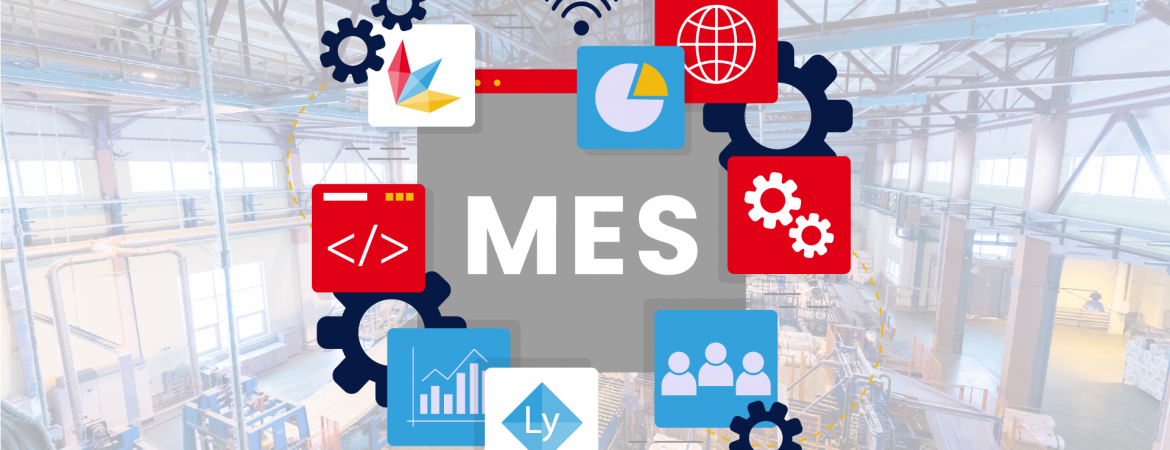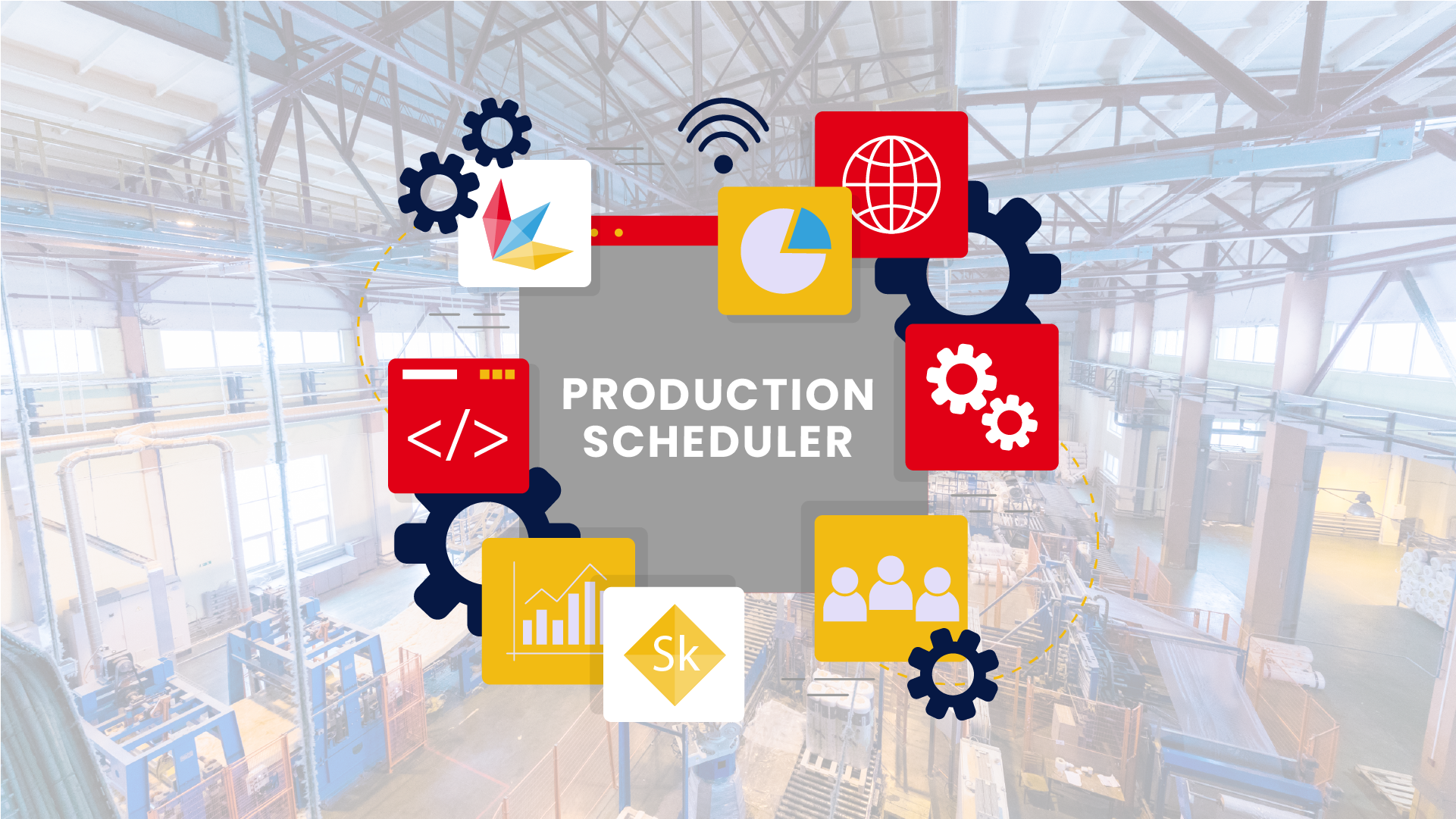In the era of Industry 4.0, companies are constantly seeking solutions to improve production management and efficiency. Among the most valuable resources that can be leveraged to achieve such improvements, stands the MES software (Manufacturing Execution System). In this article, we will explore the meaning of the MES acronym, its evolution over time, the benefits it can bring to corporate production, why it has become indispensable, and provide tips on how to select the most suitable MES software for business needs.
Meaning of MES (Manufacturing Execution System)
MES, which stands for Manufacturing Execution System, represents an operational management system designed to optimize and control real-time production processes. The MES software acts as an interface between the enterprise planning system and the operational level, enabling better management of production activities and information flows.
The origin of the first MES software
The foundations of future MES software were laid in the 1970s with IBM’s MCS (Manufacturing Control System), effectively the predecessor of modern MES. It was created in response to the need for greater control and coordination of production operations. Initially, these systems focused on real-time data collection, order traceability, and report generation. Over the years, thanks to technological advancements, MES software has become enriched with increasingly advanced functionalities.
The evolution of MES software
MES software has undergone significant evolution over time, adapting to the constantly changing needs of companies. From basic monitoring and control functions, they have become complex and extremely versatile tools. Today, MES software integrates technologies such as the Internet of Things (IoT), Artificial Intelligence (AI), and Machine Learning, enabling even more efficient production management.
How MES software can improve corporate production
MES software offers a range of advantages that contribute to improving efficiency and productivity in companies:
1. Better coordination: MES software allows for improved synchronization of production activities, facilitating the flow of information between various departments and minimizing downtime.
2. Real-time monitoring: Data collected by MES software provides a detailed view of the status of production operations, enabling operators to make informed and timely decisions.
3. Improved resource management: Thanks to MES software, companies can optimize the use of resources such as machinery, equipment, and labor, reducing waste and increasing overall efficiency.
4. Accurate traceability: MES software allows for complete traceability of materials and products throughout the entire production process, ensuring regulatory compliance and facilitating quality management.
Why MES software has become indispensable
In today’s highly competitive business environment, implementing MES software has become essential to remain competitive and achieve operational excellence. Without an advanced management system like MES, companies are at risk of inefficiencies, production delays, and difficulties in responding to market changes. Such a situation would lead to declining profits and exiting the market in a short time.
How to choose the right MES software for your company
To choose the most suitable MES software for business needs, it is important to follow a few steps:
1. Assess business needs: Identify the key challenges and objectives of corporate production to understand which MES software can best address those needs.
2. Scalability and flexibility: Ensure that the chosen MES software can adapt to future growth needs of the company and integrate with other technological solutions.
3. Ease of use: Consider the interface of the MES software and evaluate its usability to ensure quick adoption and efficient use by the team.
4. Support and assistance: Verify that the MES software provider offers solid technical support and reliable customer assistance to address any issues or concerns.
Implementing MES software represents a crucial step in improving production management and efficiency in companies. With its ability to coordinate activities, provide real-time monitoring, and optimize resource utilization, MES software has established itself as an indispensable tool for companies of all sizes aiming to achieve operational excellence and remain competitive in the global market.



Leave A Comment